‘Epitome of joy’
Actor, mime, clown Brian Stavechny leaves legacy of laughter
Advertisement
Read this article for free:
or
Already have an account? Log in here »
To continue reading, please subscribe:
Monthly Digital Subscription
$19 $0 for the first 4 weeks*
- Enjoy unlimited reading on winnipegfreepress.com
- Read the E-Edition, our digital replica newspaper
- Access News Break, our award-winning app
- Play interactive puzzles
*No charge for four weeks then billed as $19 plus GST every four weeks. Offer only available to new and qualified returning subscribers. Cancel any time.
Read unlimited articles for free today:
or
Already have an account? Log in here »
Hey there, time traveller!
This article was published 11/10/2019 (1907 days ago), so information in it may no longer be current.
If all the world’s a stage, Brian Stavechny made the most of his time in the spotlight.
He was an actor, mime and clown who dedicated his life to entertaining others. His craft took him from Winnipeg to Montreal and across the Atlantic, where he discovered his passion for corporeal mime and found a community of like-minded people.
Fame and fortune were never on his radar; Stavechny performed because he loved it. A favourite saying, according to his sister, Lorraine McTavish, was: “When you’re an actor, you have to realize you’re going to be poor.”

Stavechny died on June 9 in Nîmes, France, at the age of 72.
Born on July 12, 1946, in Winnipeg, Stavechny caught the acting bug early. He staged many productions in the living room of the family’s Wolseley home, and took his first acting classes at an after-school program at Laura Secord School.
Stavechny went on to star in operettas at Gordon Bell High School and studied theatre at the University of Manitoba. The whole family was in the audience when he made his Rainbow Stage debut.
“We supported him and we were proud of him, it was great,” McTavish said.
The siblings had a seven-year age difference, and while her younger brother could be a “bit of a pain” when they were growing up, they became close as adults, especially after Stavechny left Winnipeg to further his career.
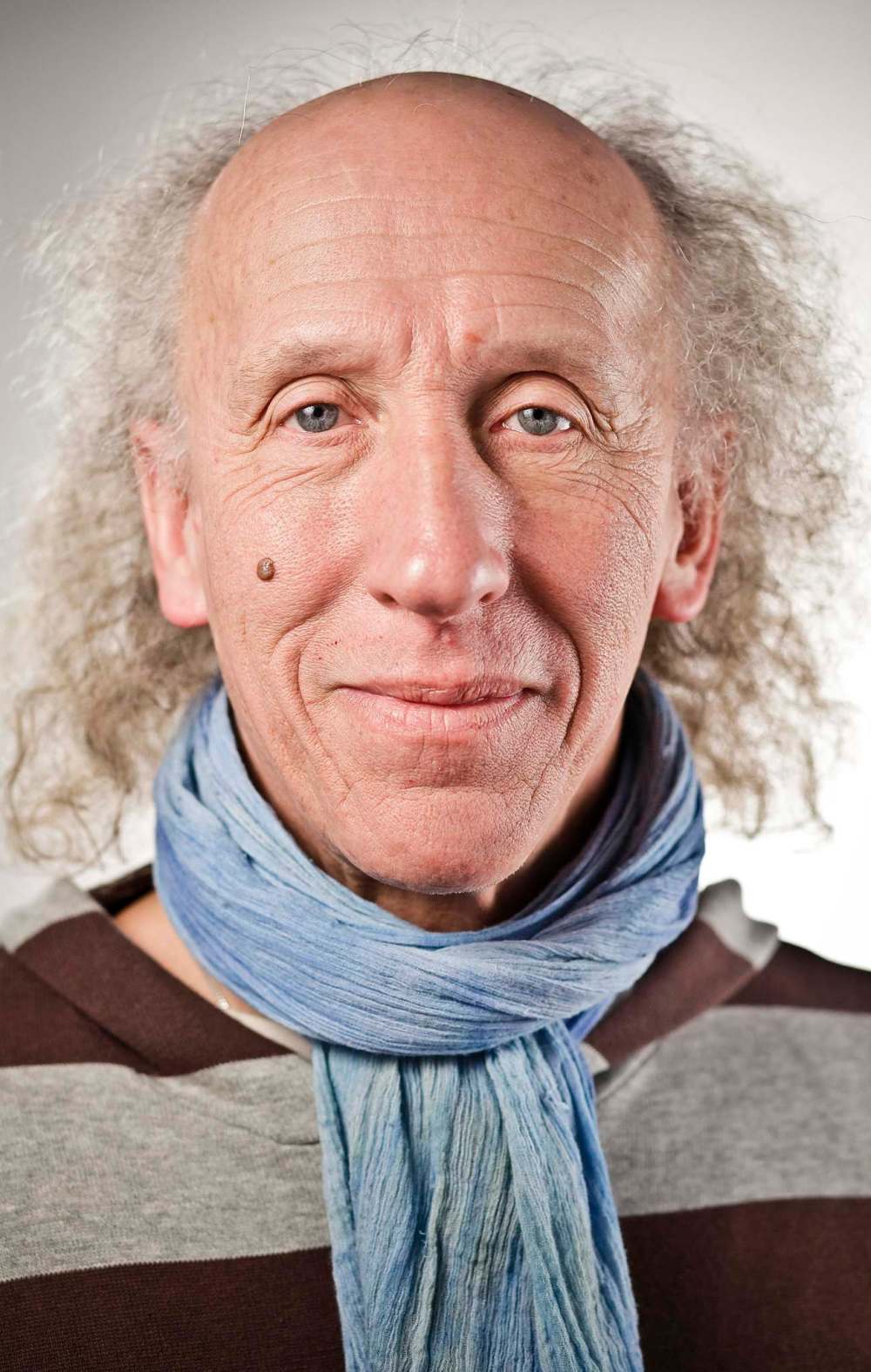
“We realized that we were the only family, all we had was just the two of us, so we kept in touch more,” McTavish said.
Stavechny met his first wife while teaching a drama course at the Royal Manitoba Theatre Centre. The couple relocated to Montreal when he was accepted to the National Theatre School of Canada and had a daughter, but the marriage didn’t last.
He made is way to Europe and, in 1972, he stumbled upon his calling while performing an improvised mime act for fellow passengers on a boat en route to England from Greece. Inspired, he didn’t speak a word for the rest of the voyage or the month that followed, says a 2005 profile published in the Globe and Mail.
“Although he was the chattiest of men — he was very, very loquacious — I think he just expressed himself best through mime and through movement,” said his daughter, Arwen MacDonell. “It was almost spiritual before he found spirituality.”
Stavechny went to Paris and studied under the “father of modern mime,” Étienne Decroux. He later started his own mime and acting school in Nîmes, where he met his wife, Bernadette, and had a son, Jean-Nicholas.
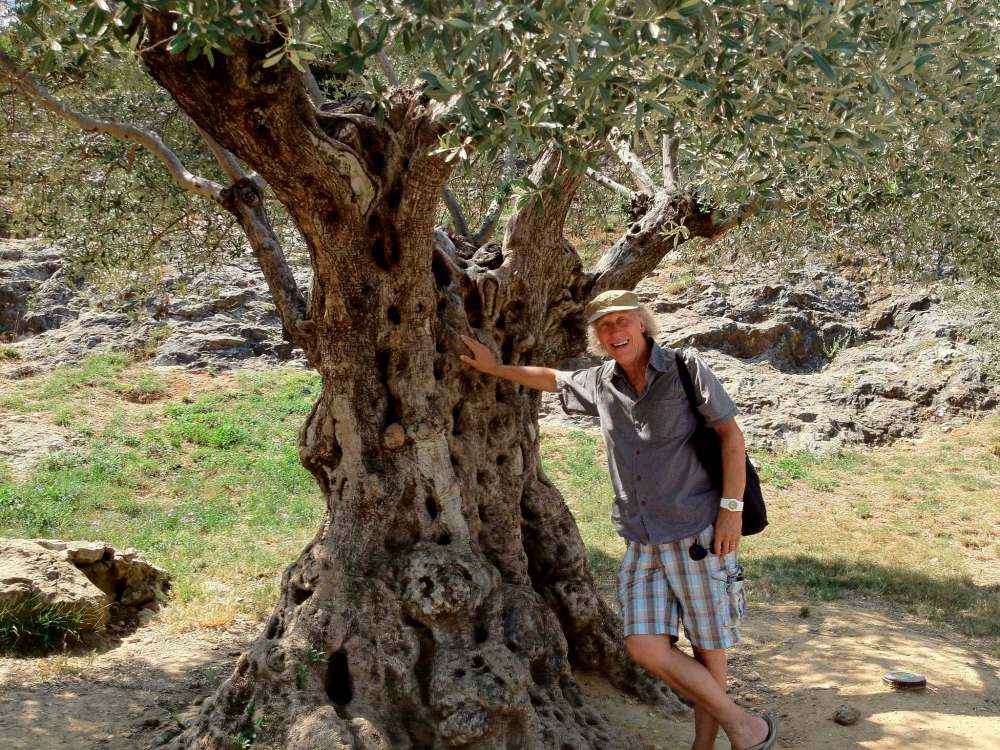
Stavechny became a charismatic Catholic after moving to France and while he and MacDonell, who works as a stage manager in Toronto, didn’t share the same ideology, theatre provided common ground.
“The two biggest forces in his life were theatre and religion, and as not such a religious person… that’s where I felt I best connected with the man who was my father,” she said.
Stavechny occasionally returned to Canada to visit and perform at fringe festivals, and MacDonell started travelling to France as an adult. She described her father as a spirited, curious, lively, complex, and stubborn person, with a great sense of humour.
“He came to pick me up at the train station one time and the automatic door-opener didn’t work and so he did this whole routine where he had a relationship with it,” MacDonell said. “It was this whole little clown show for me, it was so good.”
Stavechny had a knack for inserting theatre into the everyday.
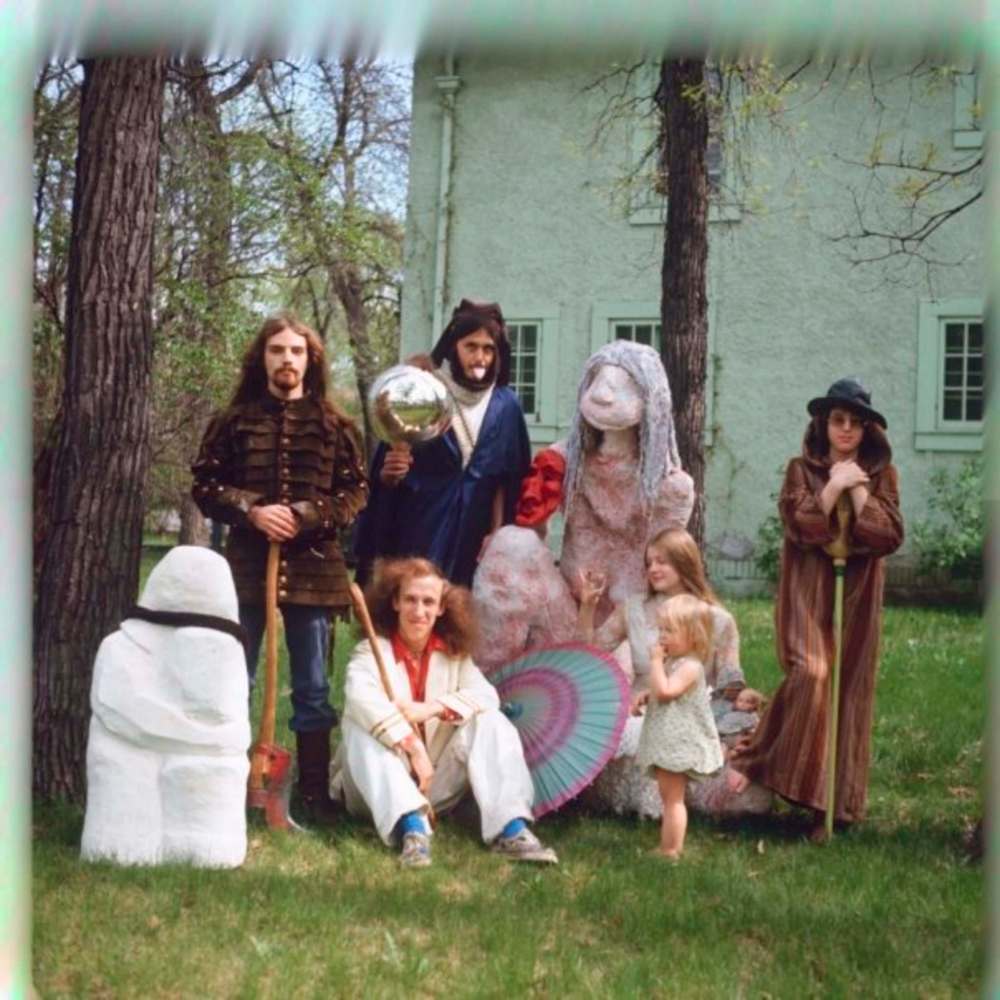
A Christmas performance became tradition whenever he was in Winnipeg to see family during the holidays.
“We would have a private showing,” McTavish said. “He just made us laugh. We enjoyed it immensely as a family.”
Stavechny’s nephew, Neil McTavish, fondly remembers an evening of bowling that turned into a night out on Broadway.
“When he was delivering the bowling ball, he was doing all these dances from all these different musicals as his wind up to his throw,” he said. “He was making everybody laugh in the whole place, it was hilarious.”
Stavechny became a well-known figure in Nîmes for his involvement in the city’s arts, culture and religious communities, and for his work with young people. He taught English through mime at local schools and worked extensively with children with disabilities.
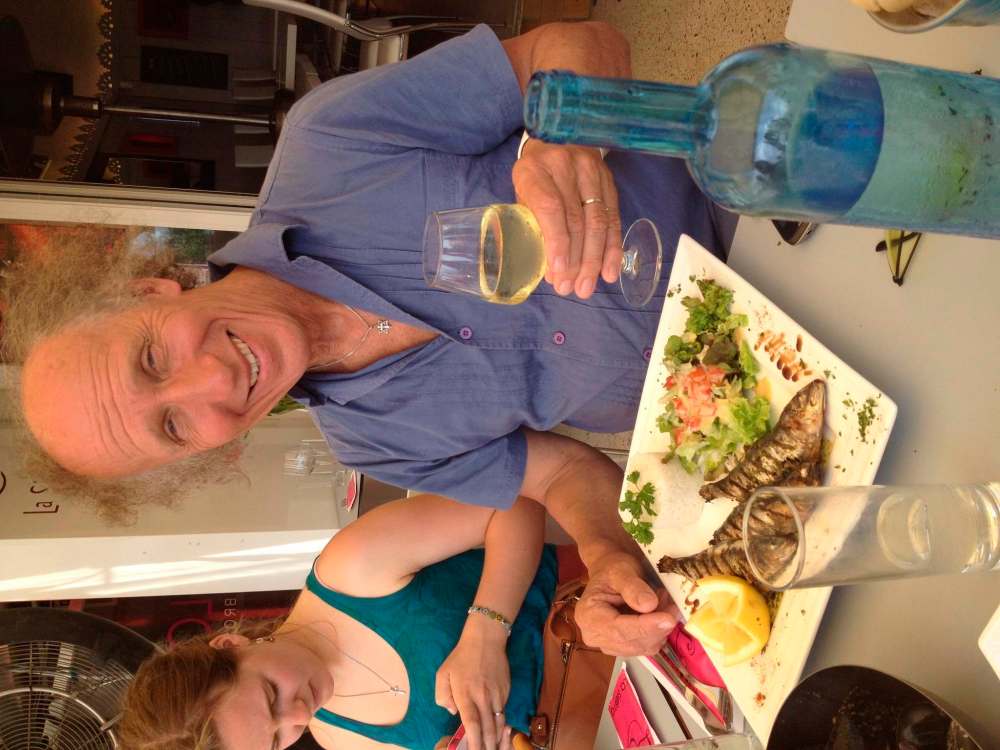
In Neil McTavish’s eyes, his uncle was the “epitome of joy” — someone who, despite personal hardships, lived a happy life because he was doing what he loved. One thing that didn’t make him happy, however, was the way Hollywood portrayed clowns in horror movies.
“That’s one thing he hated because he wanted to bring people joy, and he thought of himself as a clown.”
Stavechny was predeceased by his wife, Bernadette, and during the last three years of his life, struck up a relationship with a fellow churchgoer.
Maureen O’Donnell Maillé, who was a teacher in Nîmes, met Stavechny for the first time during a church service — although it was a surprise the two hadn’t crossed paths before.
“I had heard his name about 20 years before, when he was teaching theatre in schools,” she said. “It was quite a coincidence.”
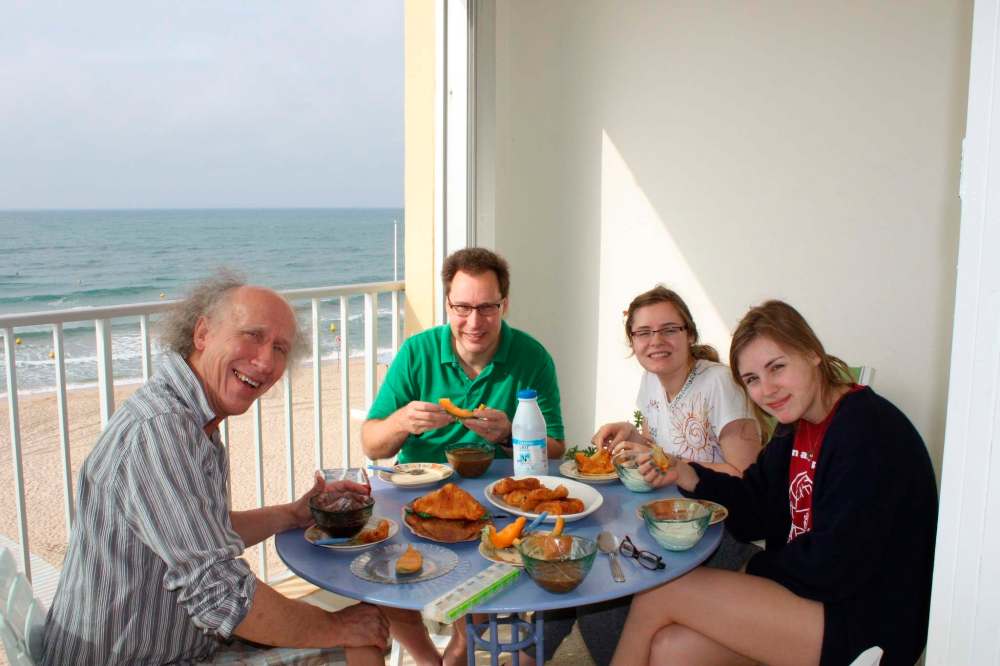
The couple spent their time exploring the city, attending musical events and the cinema. Stavechny was an apparent romantic with an eye for detail. He often sent O’Donnell Maillé roses and she recalled, with a laugh, he took real wine glasses instead of plastic goblets to their first date, a sunset picnic on the beach.
Above all, he was someone who put others first, she said.
“He just wanted to be the best of himself and give the best of himself to other people, and he had a great gift for doing that,” she said. “He’s left a huge void.”
eva.wasney@freepress.mb.ca
Twitter: @evawasney
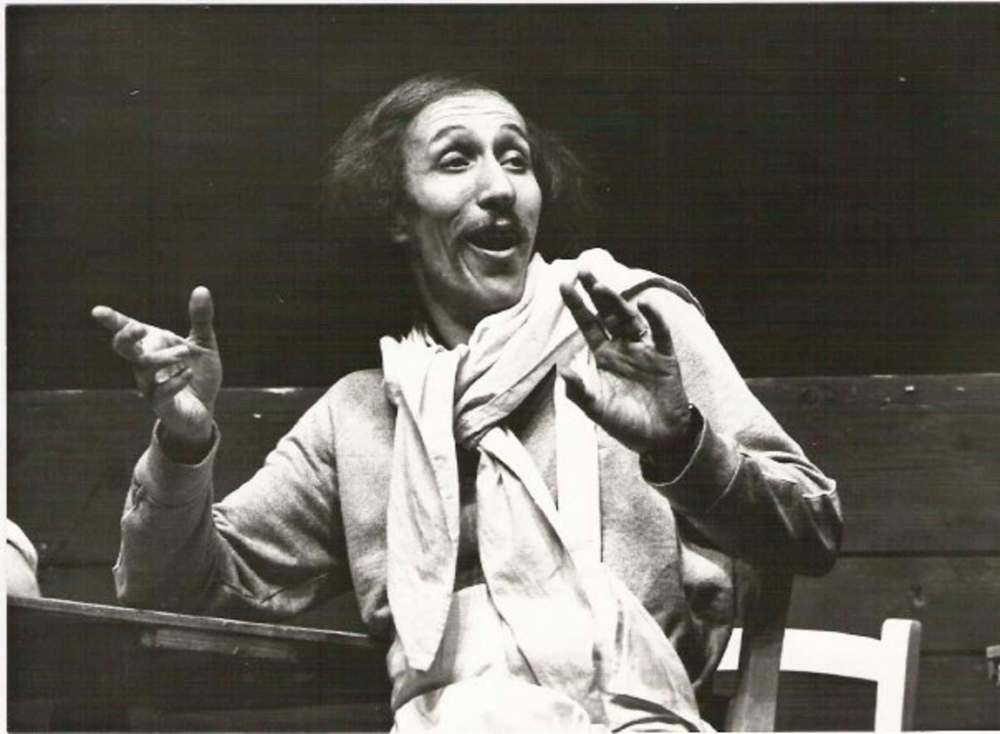

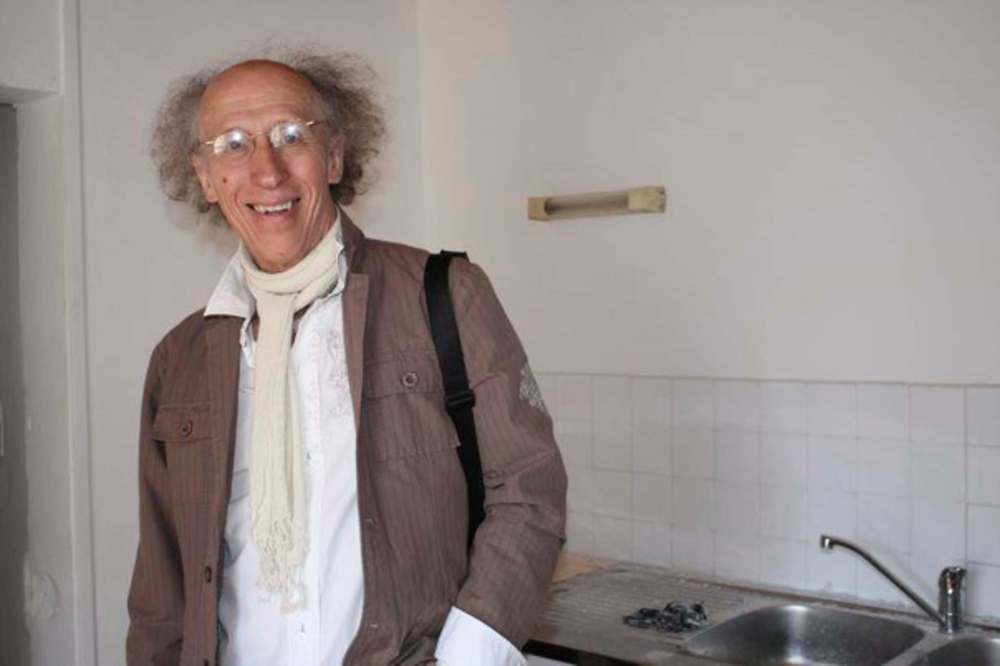


Our newsroom depends on a growing audience of readers to power our journalism. If you are not a paid reader, please consider becoming a subscriber.
Our newsroom depends on its audience of readers to power our journalism. Thank you for your support.
History
Updated on Tuesday, October 15, 2019 10:22 AM CDT: Corrects details of how Stavechny met his first wife

